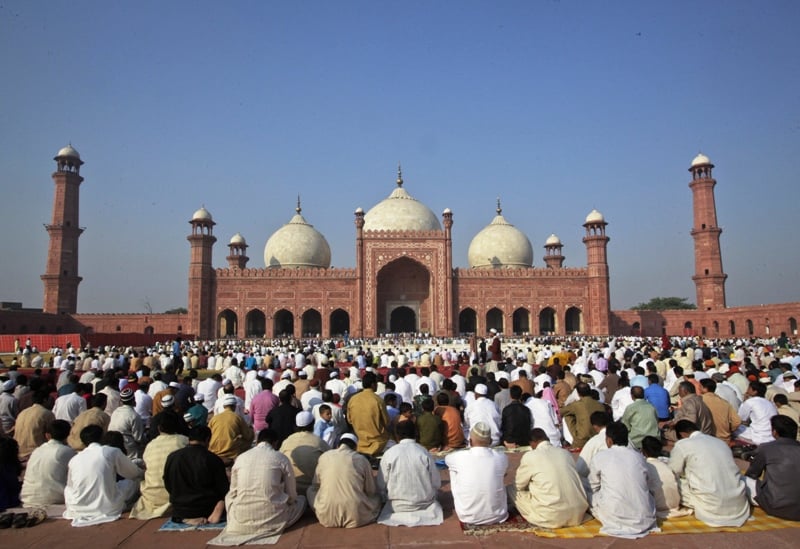
The understanding was reached between the federal and provincial governments in a meeting of the technical committee comprising finance secretaries. Services that neither involve transactions across provinces nor constitute a significant portion as input tax adjustments stand to benefit from the rate reduction, according to sources.
Finance ministry officials disclosed that the exact rate would be determined in the next meeting, scheduled to be held on December 7. However, the rate would be much lesser than the proposed 15 per cent rate under the RGST bill. “It may range between 8 and 12 per cent,” said a provincial finance secretary.
The lower rate would be applicable to only those services where annual sales or turnover is less than Rs7.5 million, said the secretary. He said the main aim was to lower the inflationary impact of netting in new services and incentivising registration.
The consensus will also help the government convince those political parties who are opposing the bill on the pretext of its impact on the poor.
Services such as telecommunications, advertising, construction, franchises and financial services, however, will continue to be subject to 15 per cent sales tax.
The federal and provincial governments have worked out 198 services that would come under the net of the new law.
Ministry officials said that the decision will not affect the integrated tax regime, a demand of the International Monetary Fund (IMF), as these services do not involve tax refunds and are restricted to provincial boundaries.
Lawyers and doctors earning annual revenues of less than Rs7.5 million would also benefit from the decision.
The federal government on Tuesday also agreed to protect the prime minister’s package for the war-hit areas of Khyber-Pakhtunkhwa (KP) from the levy of the new sales tax. Sources said the exemption will be available till 2012 as the federal government has agreed to insert a relevant clause in the tax bill. The government has lowered the tax rates for the war-torn areas as part of the package.
However, not all differences between the Centre and the provinces over the GST bill could be resolved. The deadlock over the composition of federal and provincial laws persisted for the second consecutive day.
The technical committee comprising provincial and federal finance secretaries has agreed to meet again on December 7 and 8 for hammering out the remaining differences.
The provinces on Monday had raised certain objections over the GST bill, submitted in both houses of parliament on November 12.
Sources said that the provinces have objected to treating auxiliary or incidental services as goods, which will deprive them of revenues. Under the constitution, services are a provincial subject whereas taxation on goods is a federal subject. On December 7, the parties will try to resolve the differences over the legislation.
Meanwhile, the provinces have also shown concern over the parallel process of the GST bill approval from the National Assembly and Senate standing committees. The Senate Standing Committee on Finance has already unanimously approved the bill and the National Assembly Standing Committee on Finance will take up the bill on Wednesday before its final approval by the National Assembly.
“If the National Assembly standing committee passes the bill before December 7, when will the government incorporate our recommendations?” questioned a provincial finance secretary.
Published in The Express Tribune, December 1st, 2010.























COMMENTS
Comments are moderated and generally will be posted if they are on-topic and not abusive.
For more information, please see our Comments FAQ